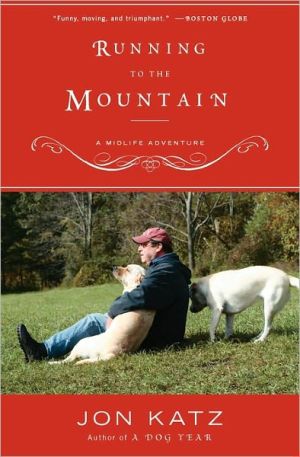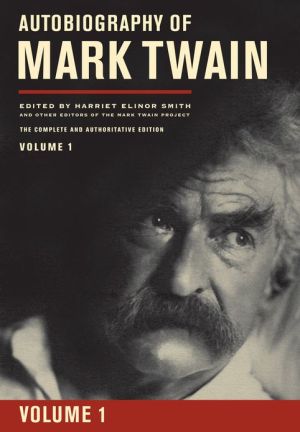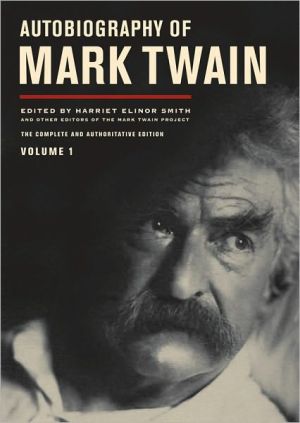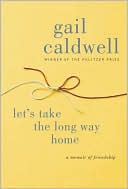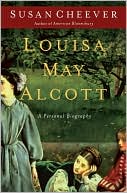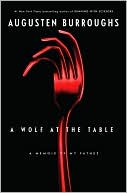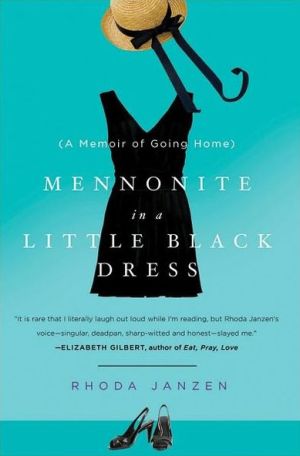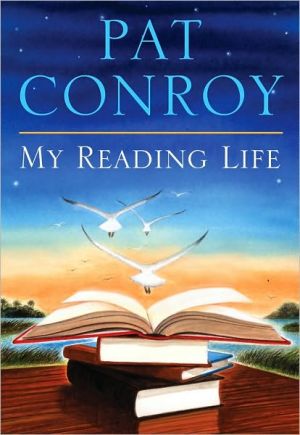Running to the Mountain: A Midlife Adventure
Jon Katz, a respected journalist, father, and husband, was turning fifty. His writing career had taken a dubious turn, his wife had a demanding career of her own, his daughter was preparing to leave home for college, and he had become used to a sedentary lifestyle. Wonderfully witty and insightful, Running to the Mountain chronicles Katz's hunger for change and his search for renewed purpose and meaning in his familiar world.\ Armed with the writings of Thomas Merton and his two faithful...
Search in google:
Jon Katz, a respected journalist, father, and husband, was turning fifty. His writing career had taken a dubious turn, his wife had a demanding career of her own, his daughter was preparing to leave home for college, and he had become used to a sedentary lifestyle. Wonderfully witty and insightful, Running to the Mountain chronicles Katz's hunger for change and his search for renewed purpose and meaning in his familiar world.Armed with the writings of Thomas Merton and his two faithful Labradors, Katz trades in his suburban carpool-driving and escapes to the mountains of upstate New York. There, as he restores a dilapidated cabin, learns self-reliance in a lightning storm, shares a bottle of Glenlivet with unexpected ghosts, and helps a friend prepare for fatherhood, he confronts his lifelong questions about spirituality, mortality, and his own self-worth. He ultimately rediscovers a profound appreciation for his work, his family, and the beauty of everyday life—and provides a glorious lesson for us all.
Orphan in the Promised Land\ We are invited to forget ourselves on purpose, cast our awful solemnity to the winds, and join in the general dance.\ —Thomas Merton, New Seeds of Contemplation\ The house sits like an orphan in the promised land, abandoned and forlorn, right at the peak of a mountain that looks from New York State, across a rural valley carpeted with farms, into the green hills of Vermont.\ It is sly, revealing itself slowly, like a stripper in a cheap bar. It lies well off a country road, down a dirt drive. Each step of the way, you feel swallowed up a bit more by the forest; the world gets left further behind.\ The first thing I saw was an odd tide of almost eerie debris—decaying benches, rotting wagon wheels, a sign that said THE LAST RESORT hanging askew on a pole. The lawn was baked and dusty, half dead, the gardens overgrown and untended.\ Here and there posts that had once supported birdhouses stuck up from the ground. I counted half a dozen stacks of firewood, enough for three or four winters, scattered around. A tall plastic swimming pool full of scum and slime sat by the side door, and something—a frog, maybe a snake—slid out of it as I came near. My two Labradors and I jumped.\ "Jesus, welcome to Dogpatch," I said to my friend Jeff, who lived in a nearby town. Jeff had scouted the house and had strongly urged me to drive north and take a look.\ "Wait," he said.\ Disappointed, I wondered what he had been thinking, urging me to rush upstate and look at this decrepit, charmless place, a tiny cabin built in 1965. A truck driver and his father had constructed it board by board, all 846 square feet of it, and couldn't have been any prouder if it were the Taj Mahal. I was also relieved to be underwhelmed; I couldn't afford a second house, anyway.\ Georgette, the real-estate agent, watching me sag, was murmuring about the possibilities, trying to spark my imagination. "I'd take down the dark paneling," she suggested. "Open it up a bit."\ But the interior was even more dispiriting, murky and tomblike, with thick shag carpeting in hideous colors and fake-wood ceiling beams made of plastic. The small kitchen was festooned with ceramic tiles and plaques offering sayings like KISSIN' DON'T LAST, COOKIN' DO.\ While showing me how dry the basement was, Georgette asked me to pick up a couple of decomposing mice and toss them out into the woods. My dogs looked unnerved.\ Then Jeff took me by the arm, led me past the swampy pool to the front of the house, and rotated me eastward. The sight hit me like a hammer blow; I almost reeled. The view was as spectacular and uplifting as the approach from the rear was cheesy and disheartening.\ What a tease this house was, betraying no hint of where it really was. The lakes and farmland spread out for miles before us. I could see tiny dairy cows grazing deep in the valley. Mist shrouded the hills opposite, and sunbeams streaked from the sky and lit up the distant mountaintops.\ Jeff said nothing, letting the view speak for itself. I sat down on the front step and tried to take it in.\ My dogs, I could see, were transformed. The older Lab, Julius, a philosopher and contemplative, plopped down and didn't move, staring hypnotically at a hawk floating above the valley. Julius was born to muse and observe. He has never chased a ball, retrieved a stick, treed a squirrel, entered water deeper than his ankles, run more than a few yards, or menaced any creature.\ Stanley is another story. He has a devilish lust for mischief and for retrieving, amassing caches of socks, underwear, and chew bones. He is happy to chase rubber balls till he drops. Less regal but far more energetic, Stanley went right to work and rushed into the woods to collect sticks.\ I felt transformed, too. In a few seconds I had gone from not being able to imagine living in this neglected dump to not believing that somebody like me could possibly be lucky enough to own it.\ "It's a writer's place," said Jeff. "The view is worth a million bucks. The house, you can always fix up."\ That was right, I thought, seizing on the idea, the reassuring real estate truisms. The land, not the house. Buy land, they're not making any more of it. It's an investment, not an expense. What difference did the carpeting make anyway, when you could gaze at this outside?\ I almost drooled at the prospect of toting my computer up here, clacking away in the shade of the maple in the backyard. I had the sensation of something important happening to me. It was a familiar feeling.\ Ten years earlier, as executive producer of the two-hour program The CBS Morning News, I had stood in a control room one day before dawn, staring at a wall of high-tech color monitors. The coanchor of the spectacularly unsuccessful show, a former beauty queen and sports commentator named Phyllis George, was smiling back at me surreally from all of them. An assistant dabbed at her makeup and fluffed her hair.\ I was powerful, well compensated, lost.\ A few minutes later, I was locked in my office, weeping. I had reached a rung in life a lot of people would have coveted, and I would rather have thrown myself off a bridge than stay there for another month.\ So, tentatively, with equal parts determination and terror, I set out on what Thomas Merton liked to call a journey of the soul.\ Merton, a Trappist monk whose work I had begun reading when I was in the ninth grade and in sore need of solace, as did millions of others all over the world, was my guide on this trip. I'd read almost everything he'd written. He was a Catholic, I was raised a Jew; he had absolute faith, I never did. Still, for reasons I may never completely understand, he spoke to me, personally and powerfully. As a boy, I'd written him a letter that he never answered; if he had, I might have wound up in the monastery with him. Merton died thirty years ago. I never met him, but if a stranger's voice can enter one's soul, his permeated mine.\ "It is absolutely impossible," he wrote all those years ago, "for a man to live without some kind of faith."\ It is equally impossible to change your life without some.
